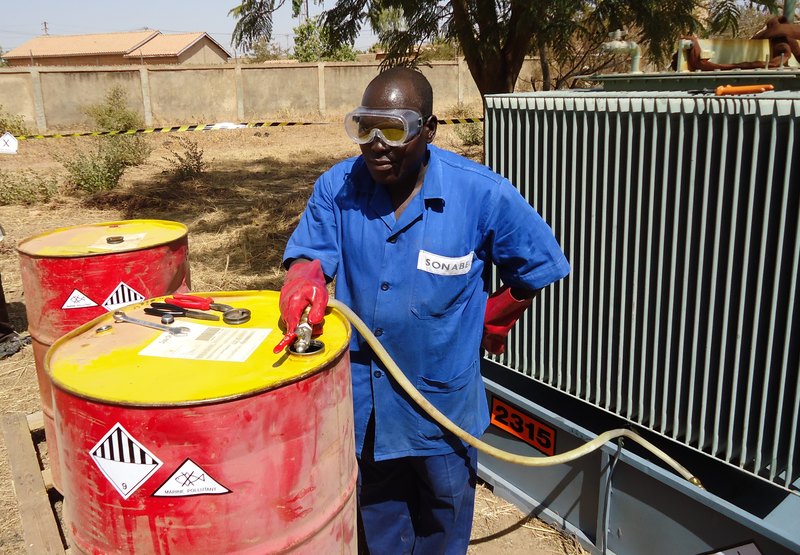MapX Pollutants
Project description
The group of chemicals known as Persistent Organic Pollutants (POPs) are globally banned by the Stockholm Convention. The parties to the Stockholm Convention are committed to cease production and use of POPs, including polychlorinated biphenyl (PCB), dichlorobiphenyl trichloroethane (DDT) and perfluoro octane sulfonate (PFO). Specifically, they are required to eliminate the use of PCB in existing equipment by 2025 and ensure environmentally sound waste management of contaminated devices by 2028.
Development of National Action Plans (NAPs) for Artisanal and Small Scale Gold Mining (ASGM) is an obligation under the Minamata Convention on Mercury for each country that determines that ASGM in its territory is more than insignificant. A key step in the development of NAPs is a creation of national overview of the sector, including inventory of the mercury use and practises employed at the ASGM sites, as well as socio-economic and environmental information surrounding the sector. The collected baseline data will allow governments to set realistic targets and strategies on how to reduce, and where feasible, eliminate mercury use in ASGM.
In order to support countries manage baseline data, carry out risk assessments, prioritize sites, monitor compliance and report on progress under Stockholm and Minamata conventions. MapX (mapx.org) is used as underlying spatial data infrastructure. More specifically UNEP/GRID-Geneva is contributing to the following activities:
- Support integration of additional POPs datasets in MapX
- Develop new functionalities to enable better user interaction with datasets
- Implement environmental risk indicators for individual sites
- Integrate POPs inventory data in MapX
- Integrate baseline data from selected NAP projects
The project's website is available at https://www.mapx.org/stockholm-pops/

